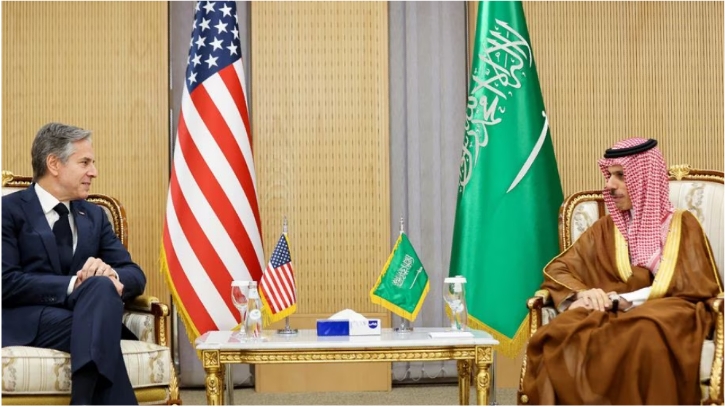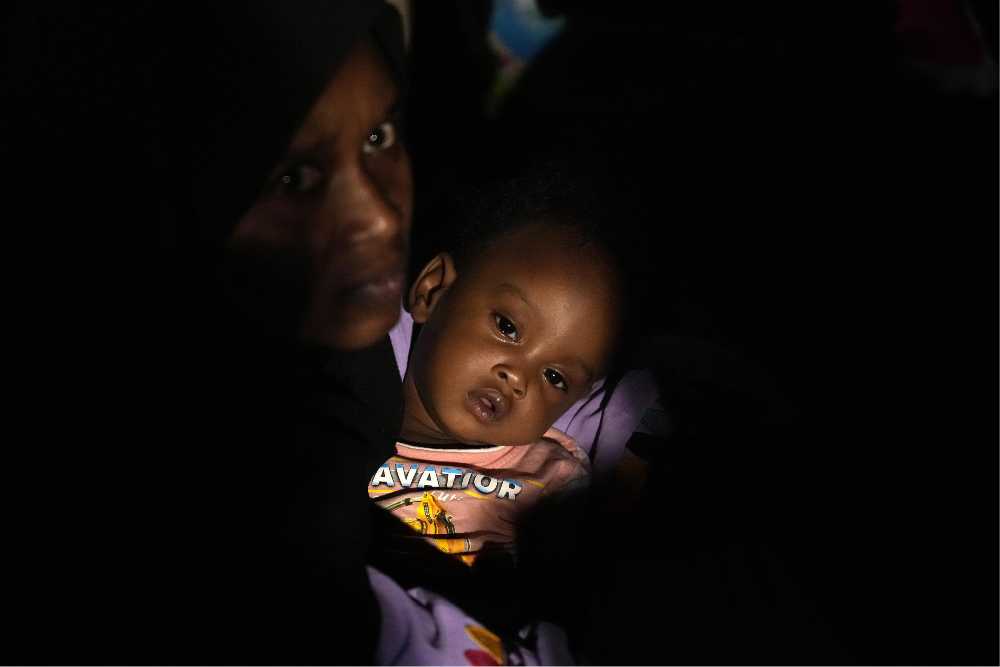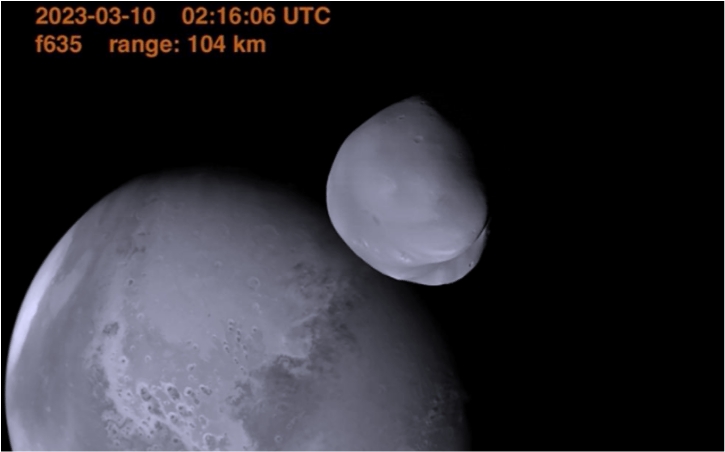Eleven oil-producing countries, who are not members of the Opec oil cartel, have agreed to cut their output to boost prices.
The group of states, which includes Russia, said on Saturday that they will cut supplies by 558,000 barrels per day.
Opec announced last month that it would be slashing its own production to ease an oversaturated global market.
It is the first time in 15 years that a global pact has been struck.
“I am happy to announce that a historic agreement has been reached,” said Qatar’s Energy Minister, Mohammed Bin Saleh Al-Sada, whose country holds Opec’s rotating presidency.
The agreement was made at a meeting at Opec’s Vienna headquarters.
Opec, the Organization of Petroleum Exporting Countries, has already committed to halting the supply of 1.2 million barrels a day, starting from January.
Opec said then it was seeking for non-member states to also lower their output, and Russia had signalled it would co-operate.
The moves come after more than two years of depressed oil prices, which have more than halved since 2014, due to a supply glut on the market.
Among the non-Opec countries attending the meeting were Azerbaijan, Oman, Mexico, Malaysia, Sudan, South Sudan and Bahrain.
Opec will also have its next meeting on 25 May 2017 to monitor the progress of the deal.
What and who is Opec?
- Formed in 1960, the Organization of the Petroleum Exporting Countries (Opec) coordinates the energy policies of member countries, who produce about a third of the world’s oil
- It says its goal is to ensure the stabilisation of oil markets, “in order to secure an efficient, economic and regular supply of petroleum to consumers, a steady income to producers and a fair return on capital for those investing in the petroleum industry”
- Its members include Algeria, Angola, Ecuador, Gabon, Iran, Iraq, Kuwait, Libya, Nigeria, Qatar, Saudi Arabia, UAE and Venezuela
- A number of other major oil-producing nations such as the US and Russia are not Opec members
















